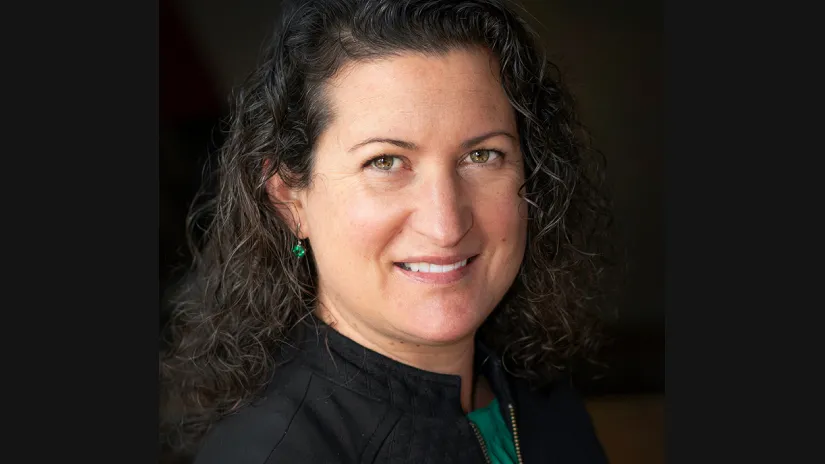PUBHBIO 8899
Doctoral Seminar in Public Health Biostatistics
Seminar for doctoral students in Biostatistics. Repeatable to a maximum of nine credit hours or nine completions. This course is graded S/U.
Prequisite(s): Permission of instructor.
1‐3 Credits
PUBHBIO

Understanding social distancing and how it helps
It is not the same as isolation, quarantine or lockdown

William Miller awarded 2020 University Outreach and Engagement's Community Engaged Champion Award
The Community Engaged Champion Award recognizes university leaders who have made significant impacts on communities across Ohio, the nation and the world. Community Engaged Champions have created an environment at the university to ensure that faculty, staff and students are engaged with the community in meaningful ways.
Subscribe to
